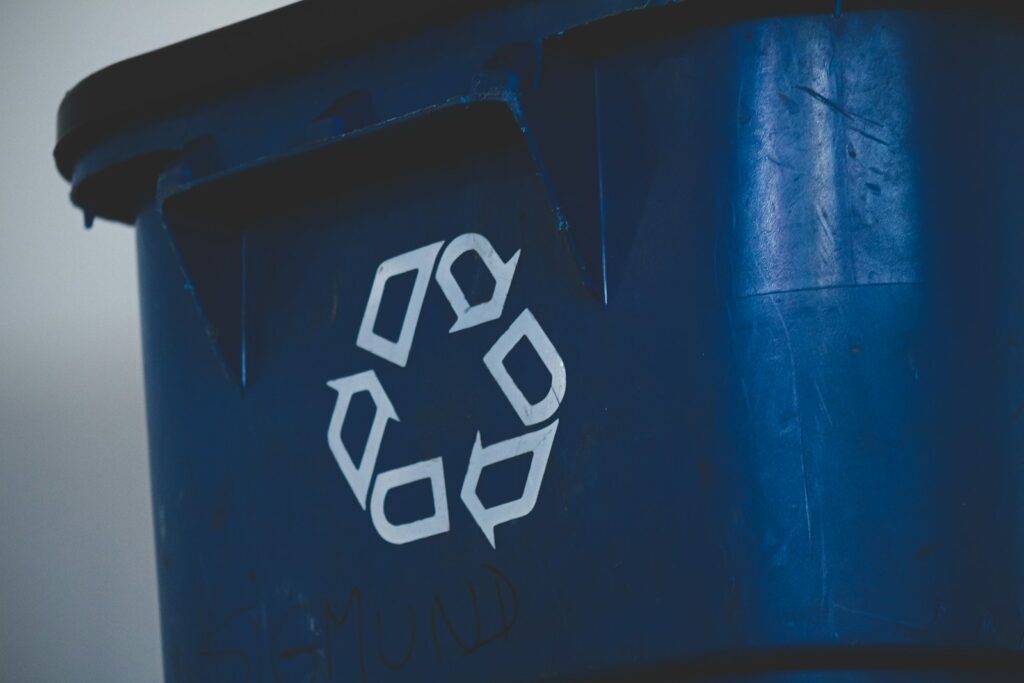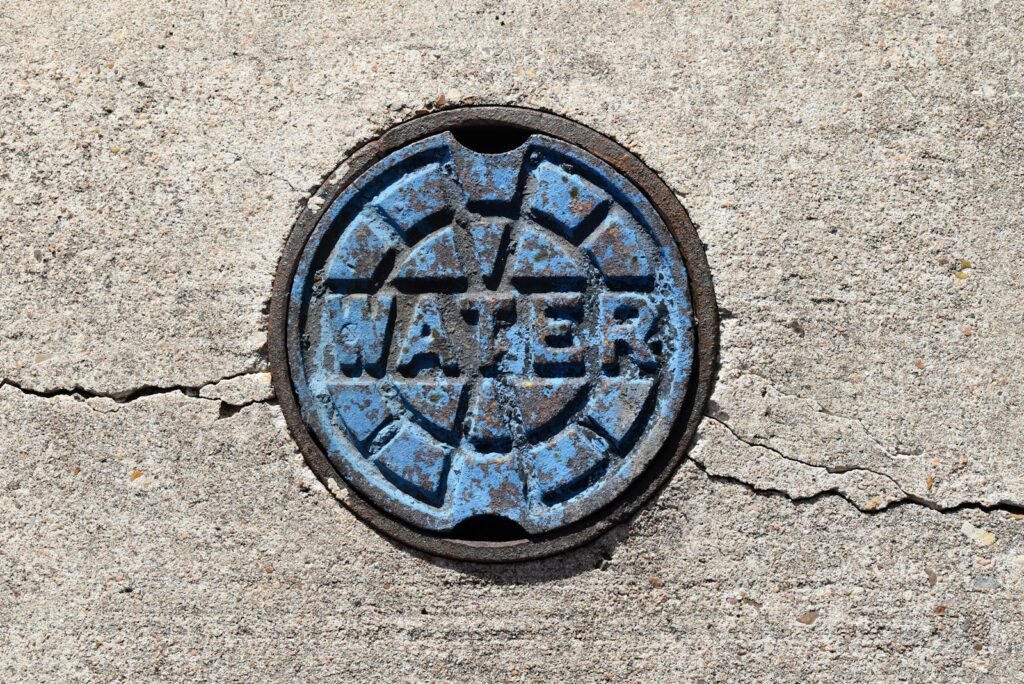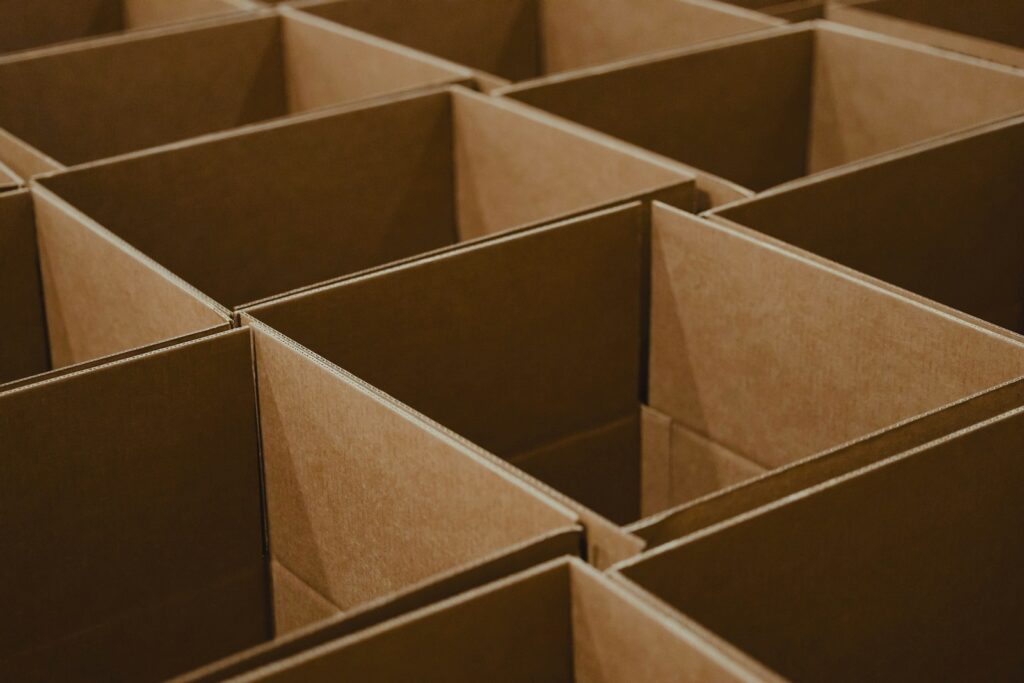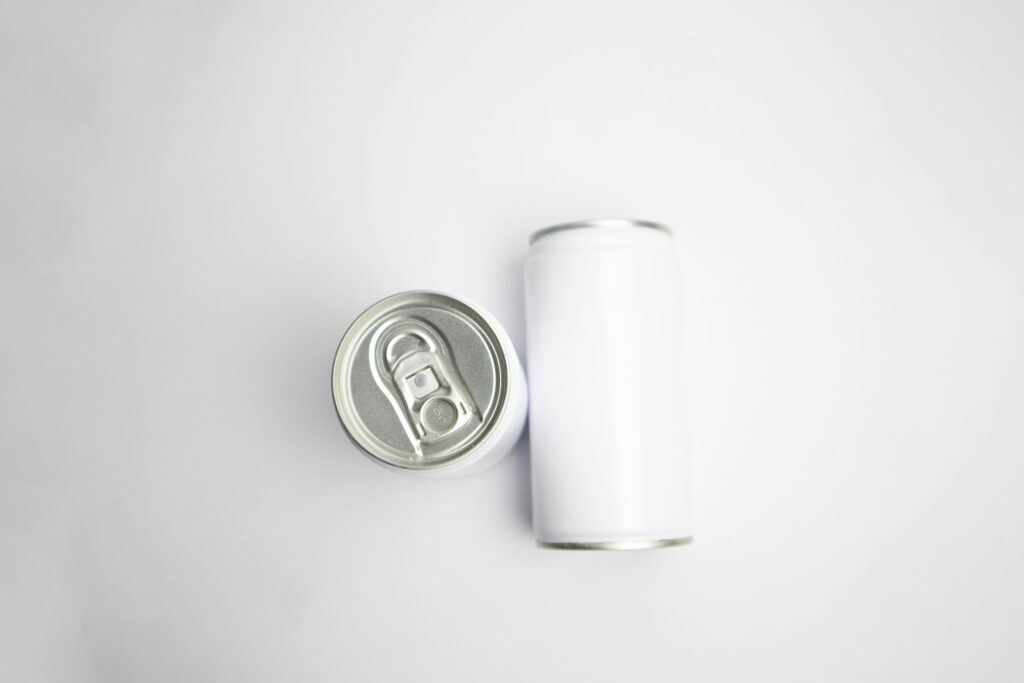The recent £21m upgrade to Anglian Water’s water recycling centre in Cambridge not only future-proofed the site to serve residents for decades to come, but also secured its standing as the eastern region’s green energy generating giant.
Since special combined heat and power generators were first installed at Cambridge in the 90s, the Milton site has always generated renewable energy. The huge cylinders convert waste into heat energy and this is then used to run the plant. Using green energy means less power has to be drawn from the grid.
It uses a biogas rich in methane which is extracted from the treatment of sewage. This biogas drives the turbines in our combined heat and power engines. The biogas, is produced when bacteria break down human and animal waste through a process called anaerobic digestion. Together this is an efficient way to produce green energy, as well as treating the solid matter.
It’s poo power and it’s revolutionising the amount of energy we need to run our facilities. Cambridge is leading the way in terms of the amount of energy it can generate from waste versus the relatively small amount of energy it needs to carry out the treatment processes for the hundreds of thousands of customers it serves.
A by-product of this energy generation process is an earthy substance known as ‘biosolids’, which makes an excellent soil conditioner for farmland. Nothing is wasted. It’s the ultimate in water recycling.
The new equipment fitted at Cambridge Water Recycling Centre as part of the upgrade in 2014-15 is also extremely energy efficient. Eight new treatment tanks replaced 25 older, less efficient treatment tanks. This has improved the overall energy footprint of the site, and also helped to ensure the ever-tighter standards are met for water quality in the River Cam.
Fundamentally, the water recycling centre is there to serve our thousands of customers across Cambridge, and the recent investment made sure we could also accommodate the growth expected in the city in the future. It’s also a massive energy producer and the savings that we can achieve through that help to keep customers bills down and reinvest to improve other customer services.
The water recycling centre can treat as much as 1,200 litres per second, that’s the equivalent of processing and treating more than 200 toilet flushes every second. Over the course of a day this totals up to around nine million toilet flushes or nearly half a million baths per day.
Thanks to its renewable energy equipment, the site can generate around half of the energy it needs which means it’s drawing less from the national grid’s non-renewable sources. Anglian Water has a number of other plants, including Colchester, Corby, Great Billing and King’s Lynn, and Milton Keynes and last year we generated 4,229,417kWhs of renewable power. That’s more than four times as much as we were able to generate in 2010/11 and enough to power around 1,300 homes.
Our work reflects efforts being made across the water supply industry to embrace greater sustainability. We have halved embodied carbon over last year and we want to be carbon neutral eventually. This is a huge, aspirational goal for an energy intensive business like ours, but we believe it’s right to aim for that. We will need innovation and collaboration to achieve it, so this progress on renewables is good and is a step along the journey towards that goal.
















